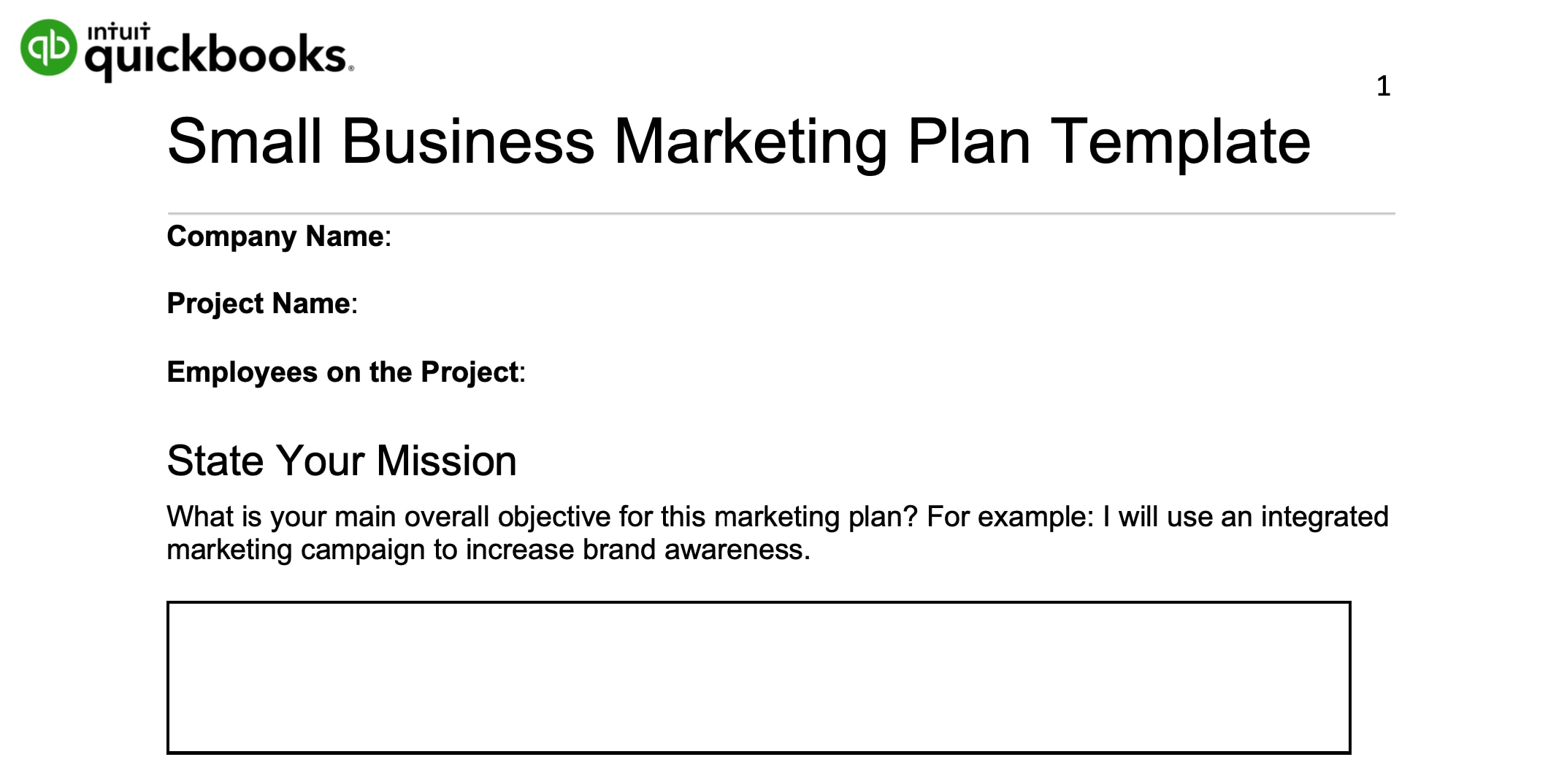When undertaking marketing for your small business, you will want to ensure a plan is in place to help you reach your goals and objectives. Fleshing out a comprehensive plan makes it easier to reach your marketing objectives when you know what steps and actions are needed to reach them. But what are those steps and actions you can take to implement a marketing strategy for your small business?
Here’s how you can go about creating a marketing plan for your small business, including the steps you’ll need to take and questions you should consider when strategizing.





